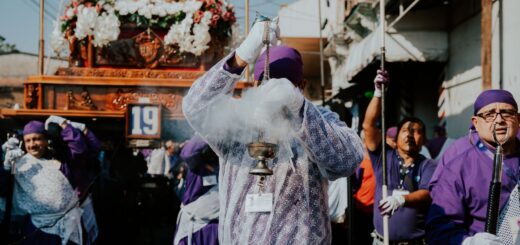Ayahuasca Retreats and Responsible Use: A Comprehensive Guide
As the popularity of Ayahuasca retreats increases, the need for comprehensive information regarding their responsible use cannot be overstated. The profound spiritual insights and healing potential of Ayahuasca have drawn people worldwide, however, the psychedelic experience must be approached with respect and caution.
Ayahuasca, a traditional Amazonian brew made from a complex blend of plants, has a long history of use by indigenous tribes in South America for spiritual and medicinal purposes. Today, it’s utilized in structured retreats guided by experienced facilitators to provide deep personal insight, emotional healing, and life transformation.
The responsible use of Ayahuasca includes understanding the preparation process, adhering to safety guidelines, ensuring an appropriate set and setting, having a framework for post-retreat integration, and incorporating harm reduction strategies.
Prior to participating in an Ayahuasca retreat, a thorough preparation process is essential. This process often includes lifestyle adjustments, dietary changes, and mental preparation. It is crucial to have a clear intention for participating in the ceremony and to follow the dietary and substance restrictions advised by facilitators. Moreover, it is always important to be aware of any medical contraindications and to disclose any relevant health information to the facilitators before partaking in the ceremony.
Safety guidelines are another vital aspect of responsible use. Given the intense psychoactive effects of Ayahuasca, these retreats often provide carefully controlled environments with medical support if needed. The guidelines may also cover restrictions on participation for individuals with certain medical or psychological conditions.
The concept of set and setting is critical to a positive and beneficial Ayahuasca experience. ‘Set’ refers to the participant’s mindset, expectations, and personal intentions, while ‘setting’ pertains to the physical and social environment of the Ayahuasca ceremony. It’s crucial to ensure a supportive, caring, and calm environment with experienced facilitators to guide you through the journey.
Skilled facilitators play a significant role in creating a safe set and setting. Experienced facilitators in a retreat communicate the process, accompany participants throughout the experience, and are ready to provide support when needed. Reading participant testimonials also offers valuable insight into facilitator competence and the overall safety and supportive nature of the retreat.
Post-retreat integration is the process of incorporating insights and lessons derived from the Ayahuasca experience into everyday life. This can often involve psychological therapy, meditation, journaling, and intuitive guidance. The role of post-retreat integration is pivotal in making long-lasting positive changes.
While Ayahuasca ceremonies can be profoundly beneficial, there are also potential risks involved. Advocacy for harm reduction is hence integral to responsible Ayahuasca use. Harm reduction encompasses strategies like adequate preparation, careful facilitator selection, post-ceremony integration, and abstaining from Ayahuasca when contraindications are present.
In conclusion, Ayahuasca retreats can offer profound healing and personal growth when approached responsibly and respectfully. This encompasses a thoughtful preparation process, adherence to safety guidelines, cultivating an appropriate set and setting, having the support from experienced facilitators, practicing post-retreat integration, and utilizing harm reduction strategies. Potential participants should always conduct careful research, check facilitator credentials, and listen to their intuitive guidance when considering an Ayahuasca retreat.


